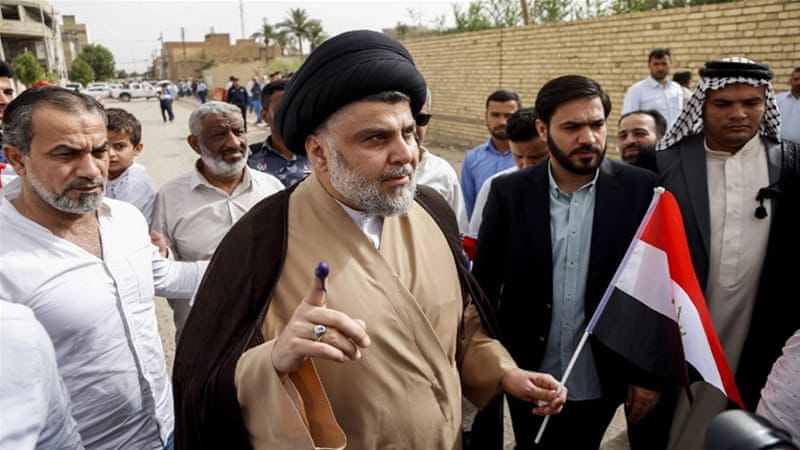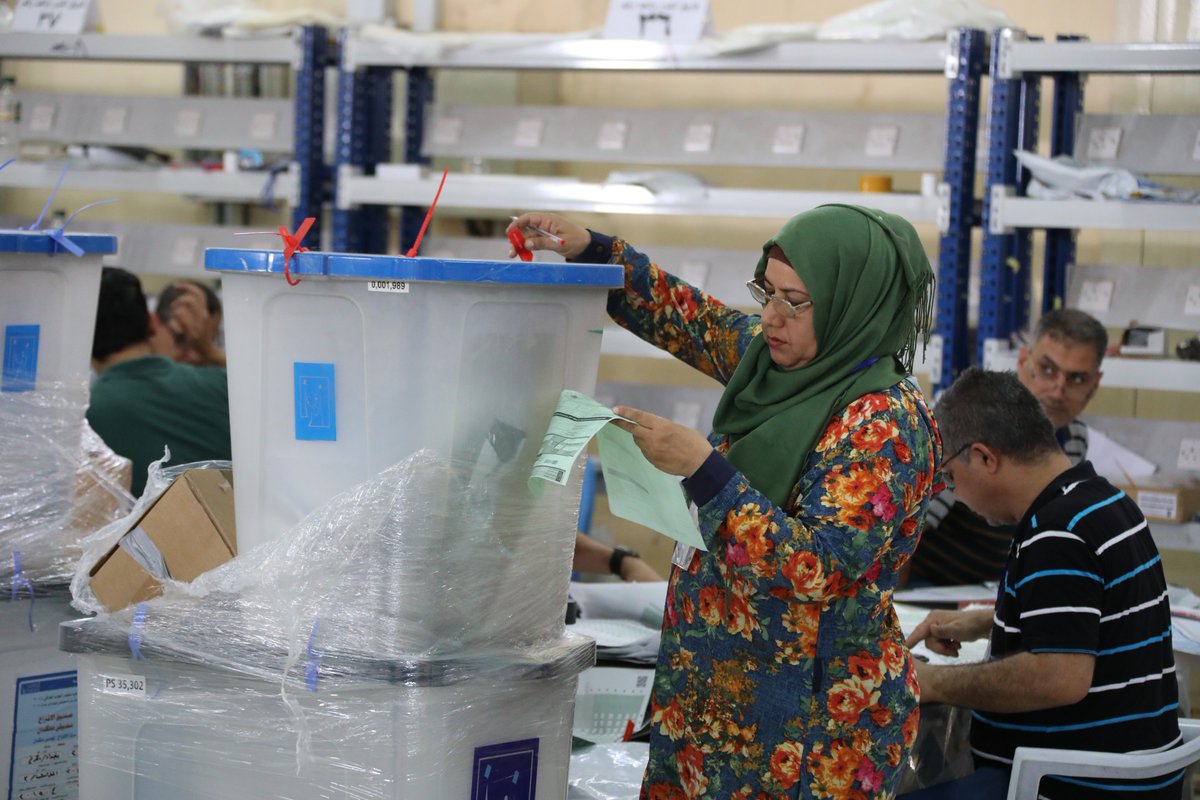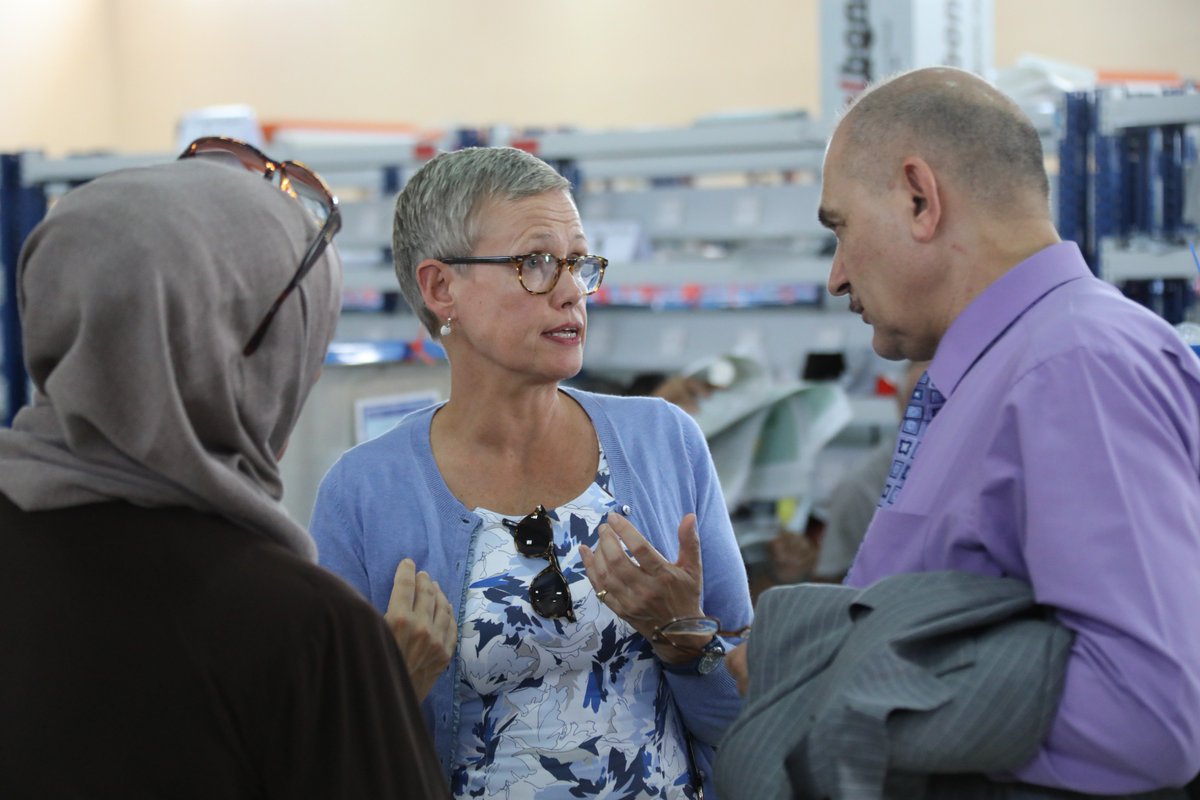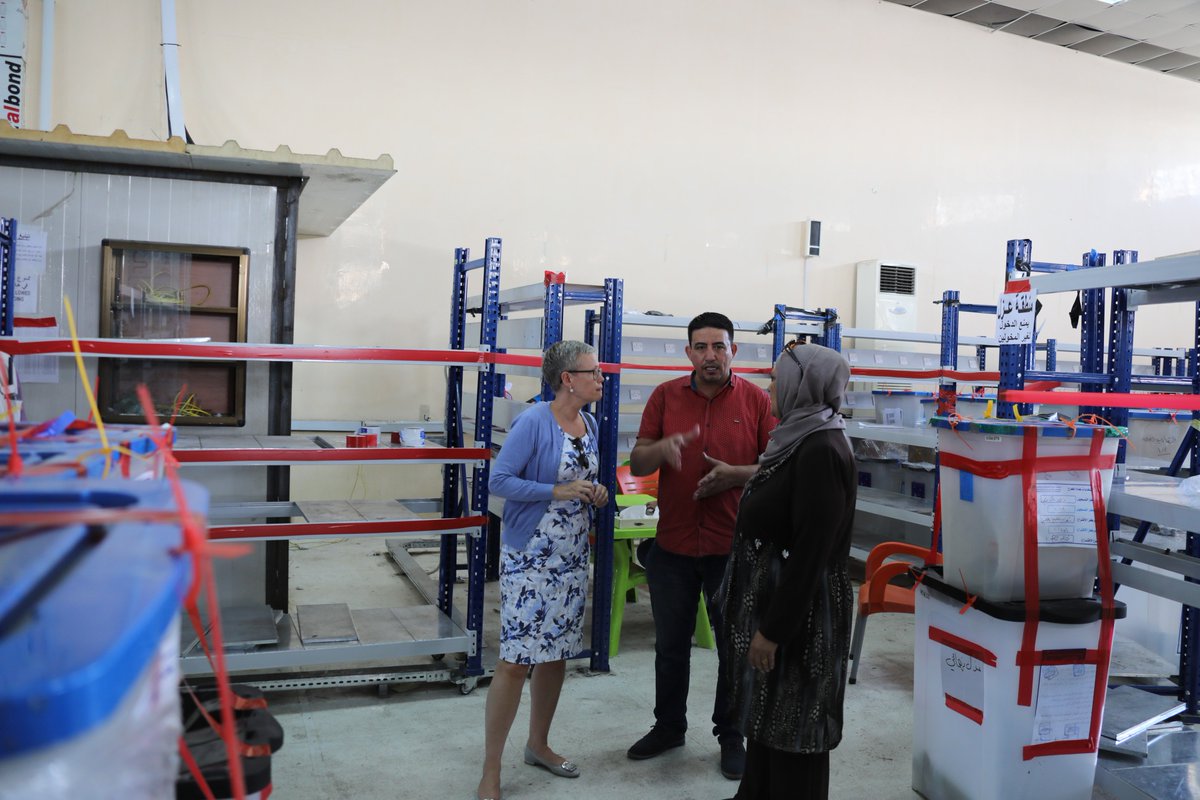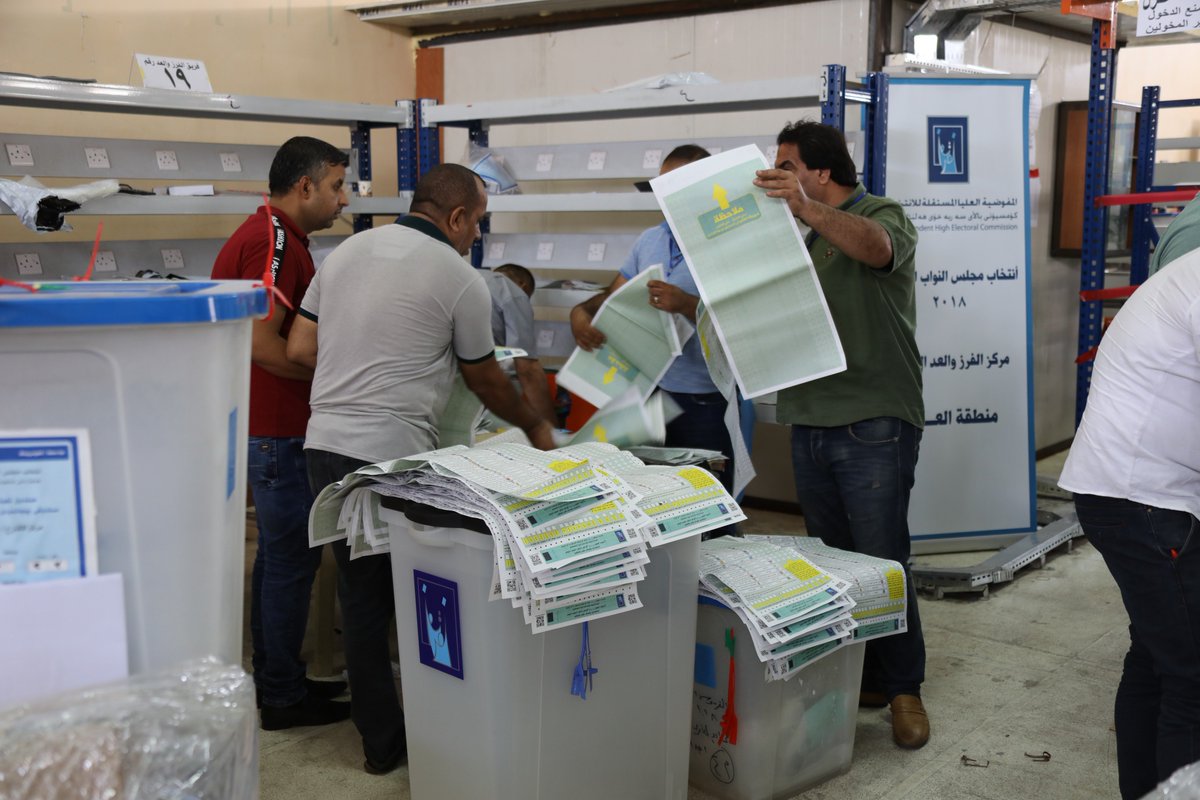August 3, 1993: In a nationally televised speech, US President Bill Clinton declared war on what he called the “politics of entitlement,” defending an austerity budget and reaffirming his pledges during the 1992 election campaign to “end welfare as we know it.”
The speech came as the Democratic-controlled Congress was passing a budget which marked a political watershed for American capitalism, as the Democratic Party scrapped the last shred of reformist pretense and openly proclaimed itself the instrument for the destruction of social programs. There was not a penny of the spending on public works which Clinton claimed to support in his first State of the Union speech six months earlier.
In his speech, perhaps the most reactionary address by a Democratic president in the 20th century, Clinton denounced those who wanted “something for nothing,” by which he meant the poor, the unemployed and the elderly. He was not referring to the billion-dollar handouts to the super-rich contained in the budget, which passed only thanks to flagrant vote-buying, with rival corporate interests fighting over various changes in tax provisions.
It was symbolic that the “swing” vote in the US Senate, whose support ensured passage of the budget, was Democrat Dennis DeConcini of Arizona. He was the leader of the “Keating Five,” the five senators who received substantial campaign contributions in return for lobbying on behalf of savings & loan magnate Charles Keating, a billionaire swindler who went to prison for robbing thousands of elderly people of their life savings.
DeConcini was given a slap on the wrist—censured by the Senate—but retained his key position on the Senate Finance Committee, where he shepherded the Clinton budget through, and then was rewarded with lavish praise in the president’s televised address.
Two days after the speech, on August 5, Clinton signed an executive order that for the first time set limits on spending on such entitlement programs as Social Security, Medicare and Medicaid. Any spending above the limits would have to be reported to Congress, along with specific proposals for offsetting spending cut or tax increases.
The only “progressive” fig leaf on the budget was a small increase in taxes on the highest income bracket, the top 1.2 percent, whose rates would increase from 31 percent to 36 percent. This was still far below the 50 percent rate that was in effect for most of the 1980s, but which was drastically slashed in the final years of the Reagan administration and then under President George H. W. Bush.
Bill Clinton. Our great 'friend.' Is that the pretense? This is Hillary's husband. Can everyone let go of their non-reality based fantasies about Hillary already?
"Iraq snapshot" (THE COMMON ILLS):
Thursday, August 2, 2018. Corruption continues in Iraq, still no new
government formed and, believe it or not, they're still working on the
recount. Still.
Alice Su (THE ATLANTIC) offers:
Iraq has no effective policy or institutional frameworks for minority rights, the UN special rapporteur on minority issues has pointed out. Vulnerable minority groups were already suffering discrimination, persecution and displacement in the chaos of pre-ISIS Iraq: the Iraqi Ministry of Displacement and Migration estimated that between 2003 and 2008, nearly half of Iraq’s minority communities had already left the country because of targeted violence including murder, abduction, torture, rape, and intimidation, along with destruction of their religious buildings and homes. While the 2005 constitution includes some clauses guaranteeing religious freedom and political representation for minorities, none of that helped when ISIS began abducting and massacring Turkmen, Christians, Yazidis, Shabaks and others. With the Iraqi government, Kurdish authorities, and international community still unable to ensure protection in post-ISIS Iraq, the chances of their return remain low.
As for transitional justice: Iraq has detained more than 19,000 people on terrorism-related charges, mostly related to ISIS, and convicted at least 8,861 since 2013, according to a recent study from the United Nations University. At least 3,130 of those convicted have been sentenced to death on terrorism-related charges. The study also found that the justice system fails to distinguish between different levels of ISIS involvement—an ISIS fighter is often treated the same way as the wife of an ISIS fighter. The government has also often relied heavily on anonymous informants, and convicted suspects on thin evidence. The danger is that this sort of overly punitive system could backfire and create new grievances that will fuel more extremism and violence, the study said.
Alice Su (THE ATLANTIC) offers:
Iraq has no effective policy or institutional frameworks for minority rights, the UN special rapporteur on minority issues has pointed out. Vulnerable minority groups were already suffering discrimination, persecution and displacement in the chaos of pre-ISIS Iraq: the Iraqi Ministry of Displacement and Migration estimated that between 2003 and 2008, nearly half of Iraq’s minority communities had already left the country because of targeted violence including murder, abduction, torture, rape, and intimidation, along with destruction of their religious buildings and homes. While the 2005 constitution includes some clauses guaranteeing religious freedom and political representation for minorities, none of that helped when ISIS began abducting and massacring Turkmen, Christians, Yazidis, Shabaks and others. With the Iraqi government, Kurdish authorities, and international community still unable to ensure protection in post-ISIS Iraq, the chances of their return remain low.
As for transitional justice: Iraq has detained more than 19,000 people on terrorism-related charges, mostly related to ISIS, and convicted at least 8,861 since 2013, according to a recent study from the United Nations University. At least 3,130 of those convicted have been sentenced to death on terrorism-related charges. The study also found that the justice system fails to distinguish between different levels of ISIS involvement—an ISIS fighter is often treated the same way as the wife of an ISIS fighter. The government has also often relied heavily on anonymous informants, and convicted suspects on thin evidence. The danger is that this sort of overly punitive system could backfire and create new grievances that will fuel more extremism and violence, the study said.
#iraq is like Abadis pants, once the belt is broken there is no chance of holding it together.
#TwitterKurds #Basra #IraqProtests #unifiedIraq
Su's article is entitled "After ISIS, Iraq is still broken." And it was broken before the rise of ISIS. It is a failed state. ISIS was very good for the Iraqi government, it distracted from all the government's failures and, of course, Hayder al-Abadi used it to silence critics -- we must focus on ISIS! You may remember that Shi'ite cleric and movement leader Moqtada al-Sadr's supporters were protesting (what? corruption, of course) and Moqtada was urged to call them off so the focus could be ISIS.
Last December, in an effort to make himself appear successful, prime minister Hayder al-Abadi announced the defeat of ISIS. This despite the fact that (a) holding territory is not a traditional terrorist aim and (b) though Mosul was 'liberated' or liberated, places in Anbar Province remained under the control of ISIS. Last week in a Pentagon press conference in Baghdad, Brig Gen Frederic Parisot declared that ISIS still controls 30 kilometers in Iraq. That's close to 19 miles.
Speaking of press conferences, let's note this:
So, as I've said, Iraqi Security Force Operations are becoming increasingly independent and they are demonstrating the capabilities and professionalism that they exhibited through the liberation campaign.
As a coalition, we've continued to provide them with air support as you've already said, and advise, we provide them intelligence, but -- but most of all, we're helping mentor them though the planning and conduct of their operations and also building their -- their capabilities through our training efforts amongst their building partner capacity sites.
What year were those remarks delivered? 2005? 2008? 2010?
They were delivered in those years and many more -- these claims that now the Iraqi military is trained and doing things themselves.
But the exact words above are from Army Maj Gen Felix Gedney, speaking Tuesday at the Pentagon's press conference from Baghdad.
If all the 'turned corners' said to have been reached in Iraq really existed, Iraq would be nothing but sharp edges.
Hayder bragged he'd defeated ISIS back in December. He didn't.
And he accomplished nothing else in four years as prime minister.
Corruption was never addressed.
This is especially appalling because then-US President Barack Obama installed him (August 2014) to replace Nouri al-Maliki whose reign as chief thug and prime minister had been one corruption scandal after another (most infamously with the Russian deal which also implicated Nouri's own son). As 2010 was ending, Iraqis were already on the street protesting corruption. Their numbers and their determination led Nouri to insist (February 2011) that, if the protesters would go home and give him 100 days, he would take care of the corruption. They went home. He never took care of it, he didn't even address it.
Anger over corruption in Iraq only continued. And, please note, the western media rarely covers the corruption. You have to go the Arab media, for example, to read that so many pounds of food delivered to a city or province had to be immediately disposed of because it was spoiled before shipping. Corruption is rampant in Iraq. It's why Iraq was ranked 169th least transparent nation on Transparency International's Corruption Perceptions Index (2017).
Hayder came into office knowing the perceptions and the outrage and he promised he'd address corruption but he never did.
May 12th, Iraq held national elections. Ahead of the elections, there had been big hopes -- these hopes included a large turnout. Ali Jawad (ANADOLU AGENCY) noted, "A total of 24 million Iraqis are eligible to cast their ballots to elect members of parliament, who will in turn elect the Iraqi president and prime minister." RUDAW added, "Around 7,000 candidates have registered to stand in the May 12 poll, with 329 parliamentary seats up for grabs." AFP explained that the nearly 7,000 candidates includes 2014 women. THE SIASAT DAILY added, of the nearly 7,000 candidates, "According to the electoral commission, only 20 percent of the candidates are newcomers." Ali Abdul-Hassan and Sinan Salaheddin (AP) reported, "Iraqi women account for 57 percent of Iraq’s population of over 37 million, according to the U.N. Development Program, and despite government efforts to address gender inequality, the situation for Iraqi women has declined steadily since 2003. According to the UNDP, one in every 10 Iraqi households is headed by a widow. In recent years, Iraqi women suffered further economic, social and political marginalization due to decades of wars, conflict, violence and sanctions."
The other big hope? For the US government, the biggest hope was that Hayder al-Abadi's bloc would come in first so that he would have a second term as prime minister. It was not to be. Mustapha Karkouti (GULF NEWS) identifies the key issues as follows, "Like in previous elections, the main concerns of ordinary Iraqis continue to be the lack of security and the rampant corruption."
As we noted the day of the election:
Corruption is a key issue and it was not a topic explored by candidates outside of Moqtada al-Sadr's coalition. Empty lip service was offered. Hayder al-Abadi, current prime minister, had been offering empty lip service for four years. He did nothing. Iraqis were supposed to think that, for example, Hayder's focus on ISIS in Mosul mattered. All life was supposed to stop because of Mosul? All expectations were to be ignored because of Mosul?
Arabic social media today and yesterday was full of comments about the lack of improvement in services. It noted how the elections had not mattered before and, yes, how in 2010 the US government overturned the elections because they didn't like the outcome.
So it was probably only surprising to the US government and their press hacks that Hayder wouldn't come in first. But that was after the votes were counted. On the day of the election, the big news was how so few were turning out to vote. NPR reported, "With more than 90 percent of the votes in, Iraq's election commission announced voter turnout of 44.5 percent. The figure is down sharply from 60 percent of eligible voters who cast their ballots in the last elections in 2014." AP pointed out the obvious, "No election since 2003 saw turnout below 60 percent." AFP broke it down even more clearly "More than half of the nearly 24.5 million voters did not show up at the ballot box in the parliamentary election, the highest abstention rate since the first multiparty elections in 2005 [. . .]."
Why should they vote? The US government had repeatedly selected the prime minister -- 2006, 2010 and 2014. Why should they vote? The government was corrupt. Why should they vote? Safety? Lip service was given to the claim that ISIS had been defeated but it hadn't. In fact, Margaret Griffis (ANTIWAR.COM) reported that 16 people were killed and nineteen wounded the day of the election.
Martin Chulov (GUARDIAN) captured the mood, "But as voters trudged towards polling stations, there was none of the euphoria of previous polls – where purple ink-dipped fingers were happily displayed – and almost no energy surrounding the process. Iraqis had done it all before, and elections had delivered little."
Sunday the 13th, votes were counted and the first place winner? Shi'ite cleric and movement leader Moqtada al-Sadr.
With over half the votes counted, powerful Shia cleric Muqtada al-Sadr has emerged as the leading contender in the Iraq elections aje.io/drn3n
By Monday the 14th, Ayad Allawi was calling for a full recount. While the US government was working behind the scenes to oveturn the results. Simon Tisdall (GUARDIAN) explained, "The unexpectedly poor showing of Haider al-Abadi, Iraq’s prime minister, in parliamentary elections has dealt a blow to US influence in the country. [. . .] Put simply, Sadr believes Iraqis should run Iraqi affairs – not Washington, not Tehran and not their proxies."
The US State Dept was still reeling from the results:
QUESTION: I have two more on this, Heather. Do you have any comment on Moqtada al-Sadr, who emerged as the big winner in these elections?
MS NAUERT: Yes. Let me just remind folks that he wasn’t an actual candidate on any of the ballots, but yet his slate of people were candidates. Iraq is still finalizing its election results right now. They’re likely to have to form some sort of coalition government, so I don’t want to get ahead of the process and presume how things are going to look in the end. But I think the overarching theme right now is congratulations to Iraq for holding democratic and free elections.
QUESTION: And on the formation of the new government, Iranian Revolutionary Guard’s commander Qasem Soleimani is in Baghdad to discuss the formation of the new government. How do you view this Iranian role in the formation of the government?
MS NAUERT: We have a good relationship – bless you – with the Government of Iraq, and we believe that we will continue to do that. There have been many – in Iraq and in other countries as well – that have been concerned about Iran’s reach into many other countries. That is certainly always a concern of ours, but we have a great deal of trust and faith in the Iraqi people and whoever ends up governing, whatever the structure is, the governing of that country going forward.
Iraq still has no government. May 12th elections were held. July 3rd, manual recounts began. It's August 2nd. Where's the government?
01/08/18 – DSRSG #Walpole revisited the Baghdad electoral recount centre to assess progress on the manual recount of votes from the 12 May national #elections; met with Judge Jassim, Head of the Board of Judges overseeing the recount, recount staff and reps of political parties.
It takes a whole month (and counting) to do the recounts? And this was supposed to be a partial recount. What's the hold up?
Protests are ongoing in Iraq -- over corruption, lack of basic services, lack of jobs, lack of security.
On corruption and protests, let's drop back to Monday's snapshot:
On Saturday, Hayder al-Abadi attempted a cosmetic change by firing five election officials. It was not addressing corruption. So Sunday he made the following announcement:
PM @HaiderAlAbadi orders the suspension of the Minister of Electricity due to poor performance of the sector. The @IraqiGovt is taking action to immediately improve the supply of electricity across Iraq
Hundreds of protesters have been arrested, hundreds have been injured, at least 14 have been killed and at least one has been fired.
Ali Mamouri (AL-MONITOR) reports:
However, the decision to dismiss the electricity minister did not help calm the protests, as Iraqi demonstrators in Basra province erected tents in front of the provincial council on July 31 to start a sit-in against electricity cuts and the lack of services and job opportunities amid intensive security measures. And other southern cities are still witnessing continued protests against power cuts and the lack of services and jobs.
Since 2003, there hasn’t been a minister of electricity that completed his term without resignation or dismissal, and none have met promises or solved the electricity problem.



